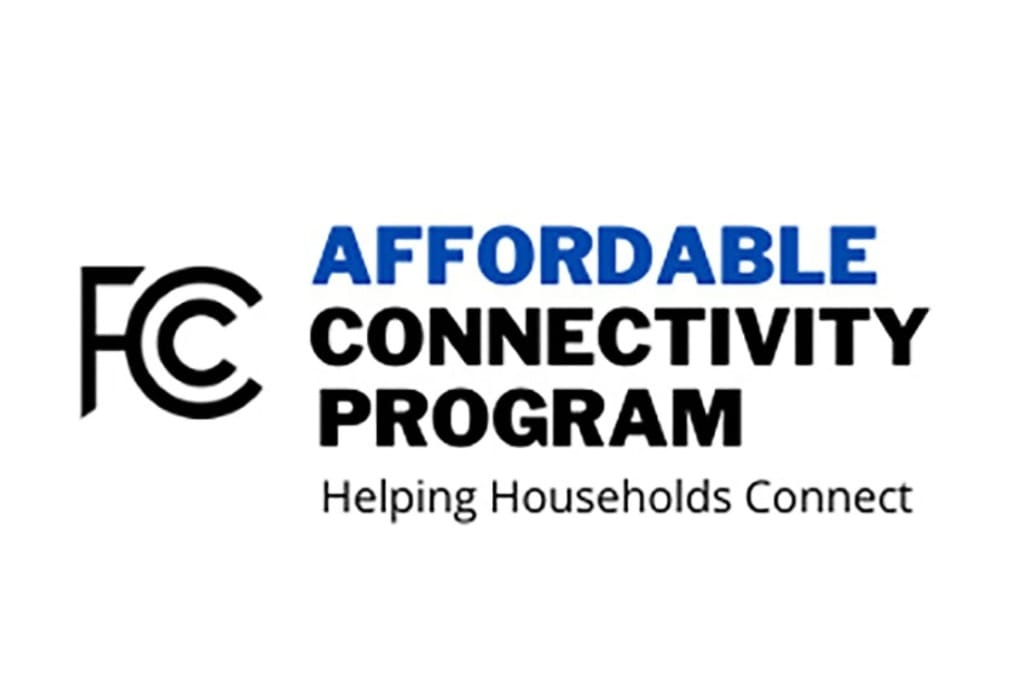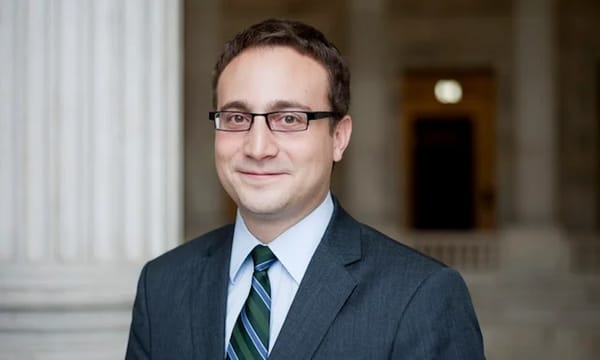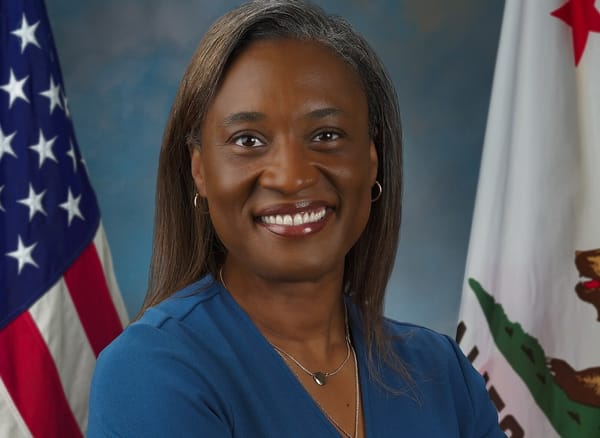FCC Announces Reduced ACP Support Amounts for May
Benefits will fall to $14 for low-income households and $30 for those on Tribal lands in the last month of funding.

WASHINGTON, April 10, 2024 – The Federal Communications Commission announced on Tuesday the dollar amounts for its last month of Affordable Connectivity Program support in May.
In line with previous agency estimates, the reimbursements to providers serving ACP participants will be $14 per household, or $35 for subscribers on Tribal lands. That’s down from $30 and $75 respectively. The one-time device discount is down to $47 from $100.

It’s the latest step in the agency’s wind-down of the Infrastructure Act subsidy helping more than 23 million low-income households stay online. The support amounts were calculated to divvy up the last remaining funds among providers who elected to participate in May with reduced support. Those providers won’t be able to charge participating households more than what they’ve been paying with the full discounts applied until June.
Monthslong calls from advocates, the FCC, and the Biden administration to spur congressional action to keep the ACP afloat have so far failed. The ACP Extension Act, a bipartisan bill that would infuse the fund with $7 billion, now has 223 cosponsors in the House and five in the Senate, but analysts have been pessimistic about the chances of House Speaker Mike Johnson, R-Louisiana, allowing a floor vote.
Rep. Yvette Clarke, D-New York, who introduced the bill with six other lawmakers, filed a discharge petition Tuesday in an attempt to force a vote on the bill. The petition would need to be signed by a majority of House members, at least 218, for the measure to be taken up.
Some lawmakers had hoped to attach funding to the spending package passed this month, but were ultimately unsuccessful.
The end of the program will mean a higher internet bill for participants. Industry analysts have said the sunset could negatively impact the Commerce Department’s $42.5-billion broadband expansion program – also stood up by the Infrastructure Act – by destabilizing potential revenue from networks in the rural and unserved areas targeted by the program.
“We encourage providers to take efforts to keep consumers connected at this crucial time,” the FCC said in the public notice announcing the reduced support amounts. “Providers can also help consumers stay connected and mitigate their financial burden by offering to move consumers to low-cost internet service plans that the providers already offer or that they newly adopt as an offering to low-income consumers.”

In the absence of direct congressional appropriations, some lawmakers and public interest groups have suggested using the proceeds from future FCC spectrum auctions to shore up money for the ACP. Senate Republicans who introduced a bill to re-up the agency’s ability to hold those auctions, which expired last March, have opposed earmarking proceeds for any particular purpose.
As a longer term option, both industry groups and consumer advocates have suggested folding the ACP into the FCC’s Universal Service Fund. That program spends roughly $8 billion annually on internet subsidies for low-income households, schools, and healthcare centers, plus infrastructure expansion in rural areas.
USF money comes from fees on dwindling voice provider revenues, often passed on to consumers’ bills. The commission has left it to Congress to change that contribution base, and a bicameral group of lawmakers is evaluating potential reforms to make the fund more sustainable.
In a January letter to the working group, FCC Chairwoman Jessica Rosenworcel expressed optimism about the USF being able to handle the extra $700 million per month in ACP expenses if its contribution base were expanded. Rosenworcel said adding broadband providers to the mix, a common suggestion, could result in higher bills for consumers if those costs were passed on. The agency’s proposed net neutrality reinstatement, although it brings broadband providers under the same legal classification that allows the FCC to tap voice providers for USF contributions, would forbear from doing so, a move advocates have criticized.
In the January letter, Rosenworcel suggested Congress look to social media and streaming giants as well as digital advertisers for potential USF funding.












